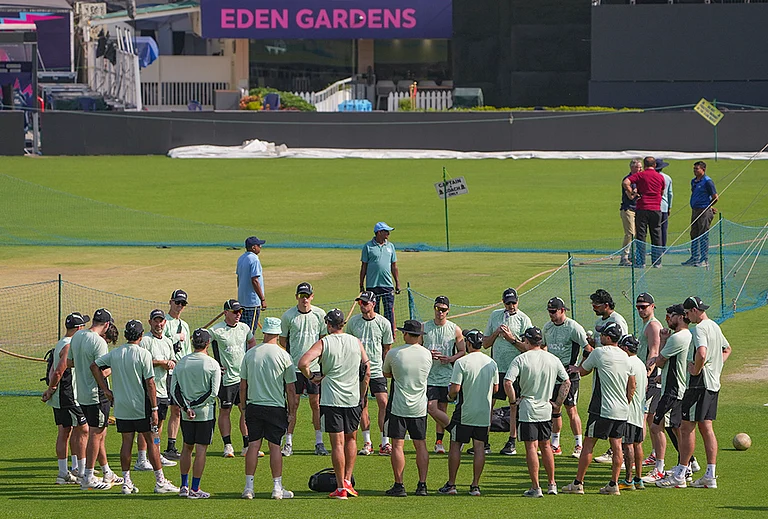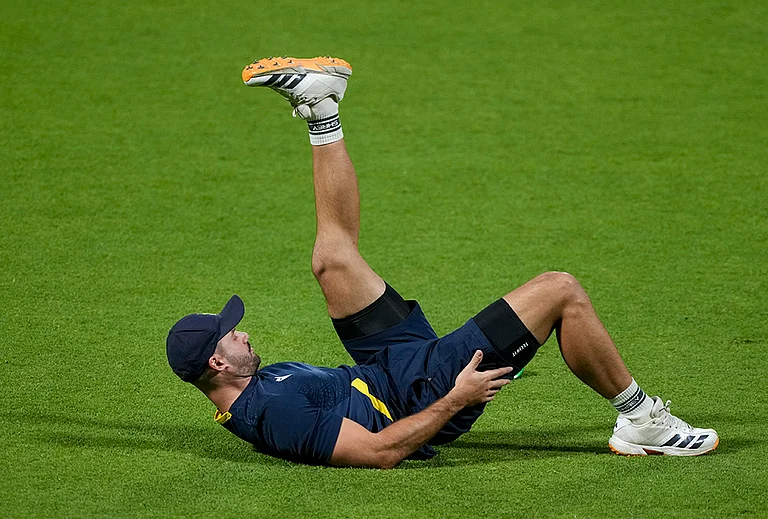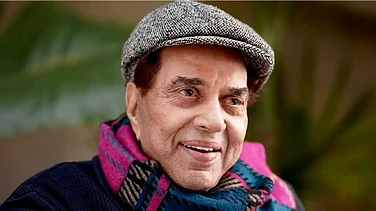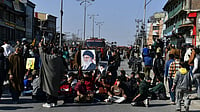The Bombay High Court on Friday refused to quash the first information report (FIR) registered against television actor Sheezan Khan for abetting the suicide of his co-actor Tunisha Sharma in December 2022, noting that the investigation prima facie reveals his complicity.
A bench of Justices Ajey Gadkari and Sharmila Deshmukh, in its order, noted that the allegations against Khan prima facie revealed that his conduct in ending the relationship with Sharma, having a relationship with another woman and constant quarrels had deeply affected the actor.
On December 24, 2022, Sharma (21) and Khan were shooting for a television show in a studio near Vasai on the outskirts of Mumbai.
Sharma and Khan had been in a relationship for two months before but had broken up at his insistence.
On the day of the incident, Sharma and Khan allegedly fought in his makeup room, after which she hanged herself.
"Prima facie, it appears that the self-esteem of the victim (Sharma) was tarnished by the humiliation at the hands of the applicant (Khan)," the court said.
The bench refused to accept Khan's plea that being in a relationship and breaking up was a common facet of modern society.
"To submit that the breakup of a relationship cannot be viewed seriously and is to be considered a normal facet of life which is best termed as insensitive and adding insult to injury, particularly, when in the instant case, a young girl of 21 years has lost her life," the court said.
"The applicant intentionally mentally harassed the victim and humiliated her by frequently fighting with her," it added.
The altercation (between Sharma and Khan on the day of the incident) proximate to the incident in question prima facie constitutes a direct act of incitement leading to the commission of the offence, the court said.
"Knowing fully well about the condition of the victim, whether by the act of quarrelling with the victim the requisite intention to aid or instigate or abet the commission of suicide was present will have to be adjudged during the trial however, the same can safely prima facie be inferred," it added.
Khan, in his plea, claimed that he was in a relationship with Sharma for only two months before they broke up.
He further alleged that Sharma had a medical history of psychiatric disorders, namely depression, anxiety, panic attacks, and obsessive-compulsive disorder.
Khan claimed that he could not be prosecuted for the drastic and extreme step taken by Sharma and that he had no "mens rea" (intention).
The bench noted that on the day of the incident, Sharma and Khan were together in Khan's makeup room and at that time, the duo had an altercation immediately after which she committed suicide.
The bench said that Khan and Sharma were in a relationship that the former ended in December 2022.
"The victim, a young girl of 21 years, was deeply affected by the breakup and continued with her efforts to resurrect the relationship," the court said.
Khan was arrested in the case a day after the incident and was released on bail by a magistrate's court in March this year.






















